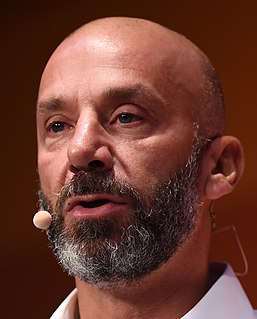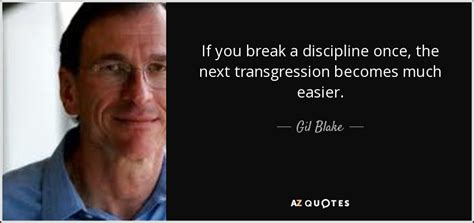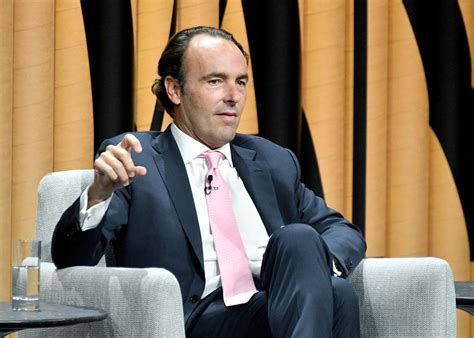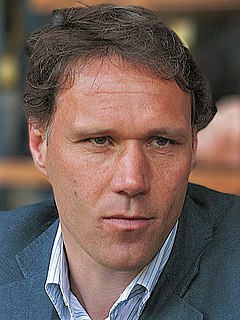A Quote by Joel Greenblatt
My goal is to buy a company at a low multiple to normal earnings power several years out and that the company earns good returns on capital at that level of normal earnings. A holding period of more than one year also works quite well as the factors are persistent in years 2 and 3.
Related Quotes
The big picture is: the main thing you should be concerned about in the future are incremental returns on capital going forward. As it turns out, past history of a good return on capital is a good proxy for this but obviously not foolproof. I think this is an area where thoughtful analysis can add value to any simple ranking/screening strategy such as the magic formula. When doing in depth analysis of companies, I care very much about long term earnings power, not necessarily so much about the volatility of that earnings power but about my certainty of "normal" earnings power over time.
I think there's an awful lot of twaddle and bullshit on EVA. The whole game is to turn retained earnings into more earnings. EVA has ideas about cost of capital that make no sense. Of course, if a company generates high returns on capital and can maintain this over time, it will do well. But the mental system as a whole does not work.
A young financial writer once brought ridicule upon himself by stating that a certain company had nothing to commend it except excellent earnings. Well, there are companies whose earnings are excellent but whose stocks I would never recommend. In selecting investments, I attach prime importance to the men behind them. I'd rather buy brains and character than earnings. Earnings can be good one year and poor the next. But if you put your money into securities run by men combining conspicuous brains and unimpeachable character, the likelihood is that the financial results will prove satisfactory.
Being captive to quarterly earnings isn't consistent with long-term value creation. This pressure and the short term focus of equity markets make it difficult for a public company to invest for long-term success, and tend to force company leaders to sacrifice long-term results to protect current earnings.
Some years ago one oil company bought a fertilizer company, and every other major oil company practically ran out and bought a fertilizer company. And there was no more damned reason for all these oil companies to buy fertilizer companies, but they didn't know exactly what to do, and if Exxon was doing it, it was good enough for Mobil and vice versa.
Over the long term, it's hard for a stock to earn a much better return that the business which underlies it earns. If the business earns six percent on capital over forty years and you hold it for that forty years, you're not going to make much different than a six percent return - even if you originally buy it at a huge discount. Conversely, if a business earns eighteen percent on capital over twenty or thirty years, even if you pay an expensive looking price, you'll end up with one hell of a result.
Profitability, growth, and safeguards against existential risks are crucial to strengthening a company's long-term prospects. But if these three factors constitute a company's 'hard power,' firms also need 'soft power': public trust and acceptance, won by fulfilling a company's social responsibility.



































